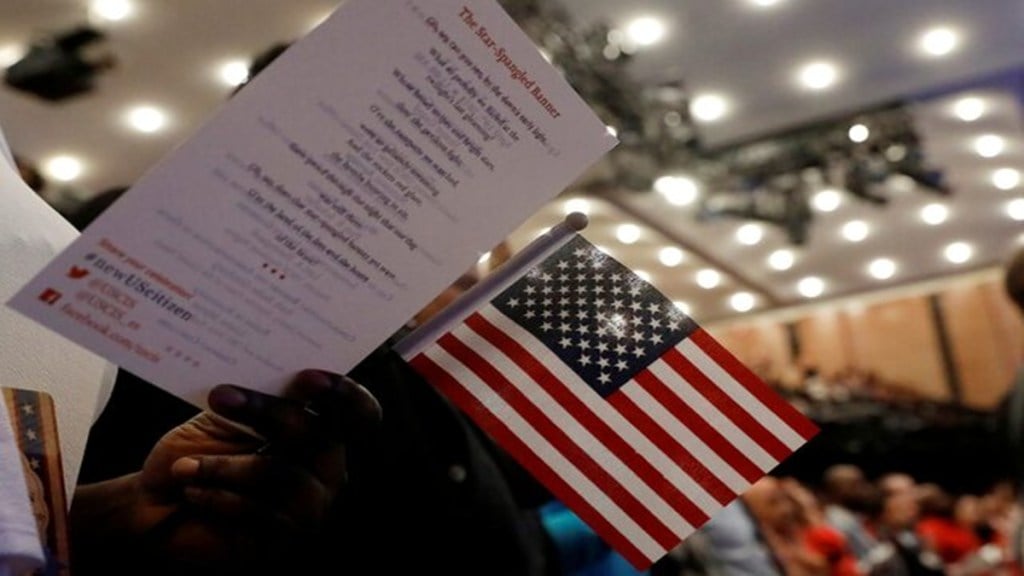Green card holders who have become American citizens after going through the lawful process of naturalization now face the risk of losing their US citizenship. The US government is actively working to strip some Americans of their citizenship. The revocation of US citizenship status is currently a priority for the US Department of Justice.
President Trump and Attorney General Bondi have directed all Civil Division Employees to use their enforcement authorities to advance the Administration’s policy objectives.
U.S. Department of Justice issued a memorandum to prioritize investigations and enforcement actions advancing certain priorities, one of which is Prioritizing Denaturalization.
Denaturalization is the official revocation of a person’s U.S. citizenship. A person is subject to revocation of naturalization if he or she procured naturalization illegally. A person is subject to revocation of naturalization if they deliberately misrepresent or fail to disclose material facts during their application and subsequent examination.
Green card holders get US citizenship through Naturalization. Naturalization is the process of granting U.S. citizenship to lawful permanent residents (LPRs) or green card holders who meet Congress’s and INA’s requirements. Lawful permanent residents or green card holders are foreign immigrants who are lawfully authorized to live permanently within the United States
Typically, lawful permanent residents or Green card holders must have lived in the United States continuously for five years, demonstrate good moral character, demonstrate proficiency in the English language, and pass a U.S. government and history exam as part of their naturalization interview to be eligible for citizenship and finally become eligible for a US Passport.
A Green Card, officially known as a Permanent Resident Card, allows you to live and work permanently in the United States but does not qualify as a US citizen.
The Department of Justice memo gives power to Civil Division Employees to institute civil proceedings to revoke a person’s United States citizenship if an individual either ‘illegally procured’ naturalization or procured naturalization by concealment of a material fact or by willful misrepresentation.’
In addition to hardcore criminals, the threat of revocation of US citizenship is for any individual convicted of crimes who poses an ongoing threat to the United States.
At a fundamental level, it also supports the overall integrity of the naturalization program by ensuring that those who unlawfully procured citizenship, including those who obtained it through fraud or concealment of material information, do not maintain the benefits of the unlawful procurement.
It’s unclear if children of citizens who would lose their citizenship due to naturalization will still be US citizens.
It appears that US citizenship acquired via naturalization through fraud or concealment of material information and those who have criminal records, are likely to be targeted in the Department of Justice’s denaturalization exercise.

